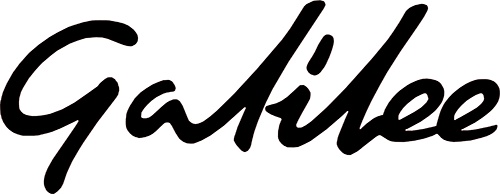Publishing
Welcome to Galilee Publishing, an innovative and community-driven publisher dedicated to sharing stories and ideas that inspire, empower, and transform. We publish high-quality books, journals, and media that speak to contemporary culture, faith, and society. Rooted in openness and collaboration, Galilee Publishing offers an accessible platform for authors and readers alike. We embrace new forms of communication, creating a trusted and creative home for impactful voices and visionary works.
The author
It can be hard as a new writer to understand how the document saved on your laptop could ever make it onto the shelves of your local bookshop.
Here’s our guide to navigating the publishing process as an aspiring author.
Step 1: Accept the pace
Writing a book may be slow, but it is always possible—built word by word. With that perspective, you can weave writing into the time you have available, without worrying about whether it’s “enough.” Treat it as an appointment with your own ambition: schedule it, mark it on your calendar, and honor it.
Step 2: Accept your limitations
Many renowned authors began with short stories rather than full novels because their time was limited—sometimes writing only in brief fragments between daily responsibilities. The key is to use the time you do have. If you wait for the “perfect moment,” you may never begin. Start small, but start now. The only real regret comes from waiting too long to begin.
The agent
Most major publishers don’t accept manuscripts directly from writers, which means that to get your book published you will often need to get a literary agent as a key early step.
Literary agents take a cut of what you earn from your book in return for finding the right publisher for you, negotiating the best possible price and supporting your career development as a writer.
The publisher
Our role as publisher is to work on your manuscript alongside you and your literary agent to make your book the best it can possibly be.
The publishing process is complex, with many moving parts involved. Below are some pieces giving some insight into what our role is as a publisher – from how much input we have on your manuscript, to how we identify audiences and promote your work to them.
We then bring together experts from across our business, including design, sales, publicity and marketing, to connect your book with as many readers as possible around the world.
If you're finding some of the publishing language confusing, we've written a piece on understanding jargon, so you can navigate any future conversations and reading with ease.
The acquisition meeting
How We Decide to Publish a Book. At Galilee Publishing, every book we consider goes through a careful and collaborative process before it is acquired for publication. This ensures that each title we take on is given the best possible chance to succeed.
Acquisition Meetings
Publishers regularly hold acquisition meetings where new manuscripts are presented and discussed. People from across the publishing team – editorial, sales, marketing, and publicity – come together to give input. This allows us to look at each project from every angle: the quality of the writing, the potential readership, the timing, and the commercial viability.
Editorial Perspective
Editors bring manuscripts forward and share their passion for a project. They look at the author’s voice, the originality of the idea, how it fits into the current market, and what gap it might fill. They also outline a vision for how the book could be published – from format and price to positioning and audience.
Sales Insights
The sales team evaluates the book’s commercial potential. They consider current trends, retail opportunities, and the best way to reach readers. Their forecasts balance ambition with realism, helping to ensure that each book is set up for measurable success.
Publicity and Marketing
Publicity looks at how a book might capture media attention: through interviews, features, timely topics, or the author’s own story. Marketing considers how to reach the target audience effectively, whether through social media campaigns, events, partnerships, or more traditional advertising. Together, they help shape a strategy to create excitement and visibility for the book.
The Final Decision
Ultimately, the decision to acquire a book is a collective one. We weigh the creative passion with practical considerations: market fit, timing, workload, and financial investment. When all these elements align, we move forward with confidence, knowing we can give the book – and its author – the platform they deserve.
At Galilee Publishing, this process is more than just evaluation. It is a commitment: to nurture stories we believe in and to bring them to readers in a way that is impactful, sustainable, and full of purpose.
From Manuscript to Masterpiece
You’ve worked hard to bring your story to life — now it’s our turn to take it further. Submitting your manuscript marks the beginning of a new and exciting stage: the professional development and preparation of your book for publication.
At Galilee Publishing, we take this stage seriously. Your manuscript is carefully reviewed and guided through a structured process involving our editorial, production, and marketing teams. We offer a range of professional services to refine and elevate your work, including editing, proofreading, ghostwriting, translating, structural feedback, layout design, and more. Each step is designed to polish your manuscript while preserving your authentic voice.
Even at this stage, fine-tuning and last corrections are still being made. This is a natural and essential part of the publishing journey.
Rest assured, your work is in good hands with us. With care, precision, and expertise, we’ll prepare your manuscript to meet the world — beautifully crafted, professionally presented, and ready to inspire readers.
The Tools to Perfect Your Manuscript
Behind every great book is a team working to refine and elevate it. At Galilee Publishing, we offer a full range of professional tools to shape your manuscript into a publication-ready work of excellence:
- Ghostwriting – Give your story a professional voice while staying true to your vision.
- Editing – From line edits to in-depth content editing, we polish language, structure, and flow.
- Proofreading – The final layer of precision, ensuring your manuscript is error-free and publication-ready.
- Translating – Expand your reach with accurate, high-quality translations tailored to your target audience.
- Structural Feedback – Insightful editorial guidance to strengthen your narrative, clarity, and impact.
- Layout & Design – Professional typesetting and visual presentation that bring your words to life on the page.
- And more – Including formatting, indexing, and personalized publishing support for every stage of your journey.
Your manuscript is unique — and our tools are designed to honor that uniqueness while achieving the highest professional standards.
The book
The moment you've been waiting for - holding your published book in your hands - is a special one for writer, agent and publisher. It's likely that your book will also be published as an ebook and audio book.
While it varies hugely how quickly a book is published, for many debut authors it can take around a year from when your book is acquired to publication day - allowing us to build a buzz around you and your book ahead of the big day.
Designing a cover
Books shouldn’t, of course, be judged by their cover, but no one can deny that the way a book looks can influence our feelings about it.
Designing a jacket for a book is not a simple matter of moving around some images and typing the author’s name and book title across the top. Rather, it involves meticulous research of everything from typefaces to patterns for wallpaper or clothing from a certain era, and sometimes multiple iterations of a cover before it is finalized.
Publishing Formats
Your story deserves to be experienced in every possible way. At Galilee Publishing, we offer a variety of publishing formats to bring your book to life and reach the widest possible audience:
- Print Editions – Available in softcover, hardcover, and special editions, produced with professional printing and high-quality finishes to match the style and purpose of your book.
- eBook – Optimized for all major digital platforms, ensuring your story is accessible to readers worldwide at the click of a button.
- Audiobook – Professionally narrated and produced, perfect for reaching audiences who prefer to listen on the go.
- Special formats & translations – We can adapt your book for different languages and markets, expanding its reach even further.
From classic print to innovative digital experiences, we tailor the format to fit your vision and your readers.
Campaigning Your Book
Brilliant books deserve to be read – but even the best stories benefit from a strong marketing and publicity campaign. At Galilee Publishing, we see campaigning as the bridge between your manuscript and your readers.
A book campaign always begins with the book itself, but it does not stop there. Together we identify the right audience and explore all the ways to reach them. This involves close collaboration between editorial, sales, marketing, and publicity, ensuring that your book is positioned in the right place in the market.
Publicity is about earned attention – reviews, interviews, press coverage, podcasts, or partnerships that create authentic buzz around your book. Marketing, on the other hand, involves paid visibility, from social media campaigns to advertising in targeted spaces. Both play a vital role, and when combined effectively, they amplify each other.
Every book requires a tailored approach. For some, this may mean connecting with literary editors or niche online communities; for others, it may involve building an author’s profile, creating striking visuals, or partnering with organizations that resonate with the message of the book. The goal is always the same: to connect your story with readers who will love it.
At Galilee Publishing, our passion lies in crafting campaigns full of creativity, strategy, and care – ensuring that your book finds its way into the world with impact and authenticity.


